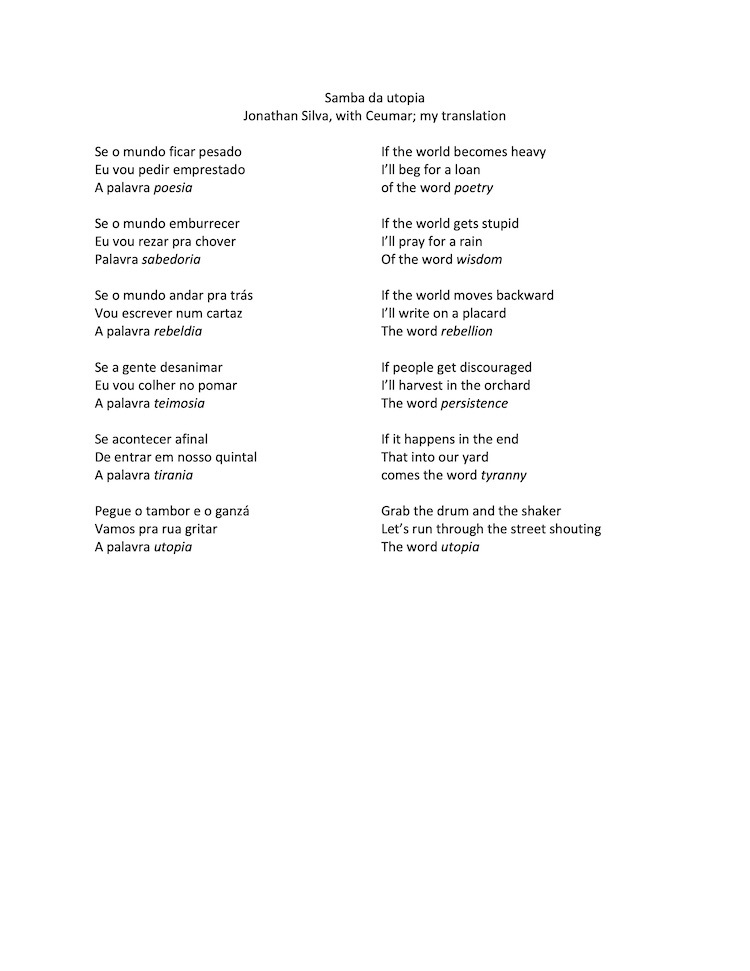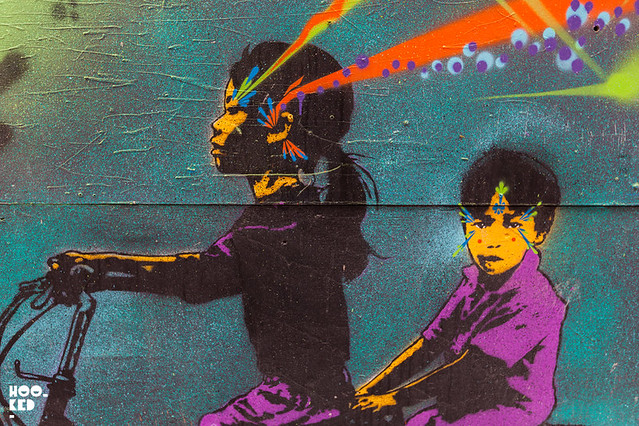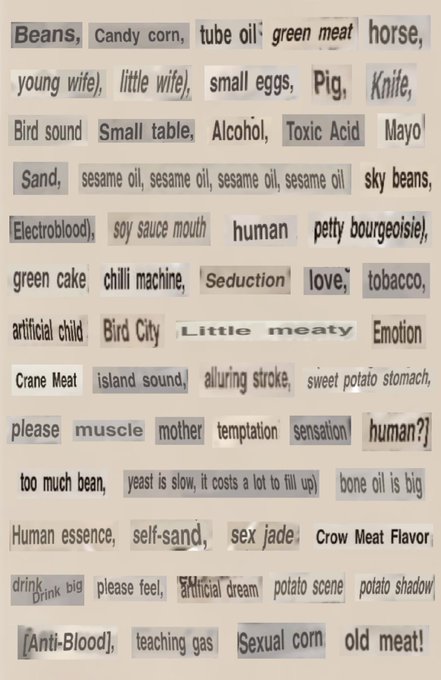These questions are a mix of Tetun and English. Where they're in Tetun (probably riddled with errors), I've supplied English, but I haven't attempted to translate my English-language questions into Tetun. Similarly, where Nando answered in Tetun, I've translated the answers into English, but where he answered in English, I haven't ventured a translation. Ha'u husu deskulpa tanba la bele tradús hotu ba Tetun 😓
Nando da Costa Pires

Nando da Costa Pires is the author of "Mr. Mau Leki Meets an Eel," which you can read
here.(Nando da Costa Pires mak hakerek na'in "Sr. Mau Leki Hetán Majiku Husu Tuna," ne'ebe mak bele lee
iha ne'e (okos).)
I asked him some questions ...
Can you tell us about reading when you were growing up in Ainaro? Tuir ha’u nia hanoin kona ba reading iha Ainaro ladun le’e livru barak tanba livre ba le’e la to.
(According to my view, many in Ainaro didn’t read books because books were not available for all, but some people did find a way to read books.)
When I was a child, I didn’t read any books because I didn’t have any. Sometimes I asked other people to show me some to help me do my homework, and sometimes I borrowed my friends’ books to read.
When you were a child, what things did you do each day?When I came back from school each day, I spent my time helping my family a lot on the farm.
Follow-up Question:Bainhira Alin Nando sei ki’ik oinsa mak ajuda ita-nia familia iha to’os?
(When you were little, how did you help your family on the farm?)Wainhira hau sei kiik, hau ajuda hau nia familia mak hanesan hamoos duut ou kuru bee lori ba hau nia inan aman hemu no hili ai hodi tein ba meiudia sira han.
(When I was little, I helped my family by doing things like weeding, or fetching water for my parents to drink and gathering wood to cook everyone’s midday meal.)
In school, what subjects did you like? Were there any subjects that you did not like?In my school, I liked math and science. The subject I didn’t like was talking about politics.
You told me that your grandmother told you the story of Mr. Mau Leki and the eel. Did she tell you many other stories?
Nia konta istória só iha tempu espesiál ka beibeik ka?
(Did she tell stories only on special occasions or all the time?)When I was a child, my grandmother told me many stories. She would tell me stories two times a month, or sometimes three times a month.
Who else in your family told stories?My parent and my uncle (my father’s brother).
You told me “istória nee realidade akontese duni” (“this story really happened”).
Ha’u fiar ita, tanba mundu ne’e misteriozu no buat hotu (ema, animal, ai-hun, rai, lalehan, klamar) mak ligadu malu
(I believe you because this world is mysterious, and everything (people, animals, trees, earth, heaven, spirits) is connected to each other.)
So, I want to ask: What important things do stories like this one teach us?
(Istória hanesan ne’e hanorin ba ita buat importante saida?) Istória nia importante mak hanorin mai ita atu kuidadu ita nia natureza sira, no karik ita hetan milagre husi natureza nia forsa, ita bele uza forsa ne’e bele tulun fali ita nia maluk sira ne'ebé presiza ita nia ajuda.
(This story’s importance is that it teaches us to take care of our natural world, and that if we obtain miracles from the forces of nature, we can use that power to help our families and friends when they need our help.)
Liu husi istória ne’e ema bele hadomi liu tan sira nia ambiente.
(Through this story, people can come to love their environment more.)
Hanorin ami atu oinsá atu ajuda ema seluk, karik sira presiza ita nia tulun.
(It teaches us how to help other people, if they need our help.)
Follow-up question: Alin Nando dehan, “karik ita hetan milagre husi natureza nia forsa, ita bele uza forsa ne’e bele tulun fali ita nia maluk sira ne'ebé presiza ita nia ajuda.” Alin Nando rasik iha esperiensia ne’e?
(You said, “if we obtain miracles from nature’s power, we can use that power to help our families and friends when they need our help.” Have you yourself had that experience?)Iha, tanba hau nia avo hetan duni milagre balun husi natureza tanba nia kura duni ema balun ne’ebé hetan moras no nia tana hodi siik ema nia moras no nia fo aimoruk tradisional ba ema moras nee.
I have, because my grandfather has indeed experienced various miracles from nature, because he has truly cured a number of people who were sick, and he performs divinations in order to understand people’s illnesses, and he gives traditional medicine to these sick people.
Is this the first time you have ever written a story?Yes. It is the first time for me to write a story.
Do you read many stories? If yes, what types of story do you like?Yes, I do read stories, but not many. I read some stories in Tetun from
Revista Lafaek.In your opinion, what is the difference between reading a story and listening to someone tell a story?In my opinion, reading stories improves our comprehension about the things the story is talking about. We learn something from the story, and we come to know about interesting places. And also, we can read the story to our family.
In my opinion, when we listen to someone tell a story, we must listen carefully to the person so that we can understand the meaning of the story.
You studied math at university and now help students learn math. What methods do you use? Yes. My experience is this: first I must prepare worksheets for the students, and then give them some examples and explain it to them. I must give exercises for student do in the class, and then I must check if they understand how to do it. And I must give them homework to reinforce what I taught, and later I must check their homework.
Follow-up question:Kona-ba estudante ita-nian: sira-nia idade saida?
(About your students: what are their ages?)Kona-ba estudante sira nia idade husi idade 8 to 17.
(About the students: they range in age from 8 to 17.)
Obrigada barak ba intervista ne’e no ba istória furak ne’ebe mak ita hakerek.
Ha’u hein katak ita hakerek istória barak tan!
(Thank you very much for this interview and for the wonderful story that you wrote.
I hope that you write lots more stories!)


















